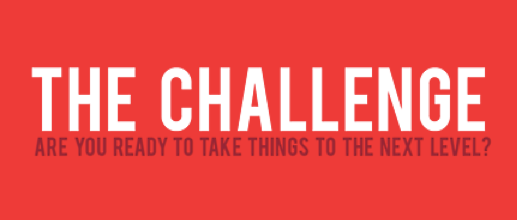
Common sense and genuine consensus are in short supply in a world on edge and poised for a fight. Objectionable ideas are labeled, ‘triggers” and “violence” when they do not conform to the sensitivities of ever-changing groupthink. Free speech is under assault and critical words about cultural, political, and religious ideas are now “phobias.” Denouncing historical Jewish and Christian beliefs are fair game, however, because they symbolize oppression for the chattering classes untethered to religion.
How do we forge a principled middle ground in the wake of the onslaughts from ideologues more in tune with totalitarianism that pluralistic democracy? How do we ensure that freedom of conscience and religion, speech and government redress, and peaceable assembly remain foundations for our future?
One way forward is robust debate on ethics that affect public policy. We are not speaking about religious diets, dress, or deportment or the beliefs of peaceful communities. We must have civil discussion toward consensus on the values that will guide our experiment in virtue-based liberty. All societies have explicit and implicit values that help them cohere. For example, keeping promises is not only important for personal relationships. The entire (global and local) economy rests on trust: invoices paid, deliveries made, and the diligent efforts all engaged in the choreography of work. So, there is at least implicit agreement that trust matters.
There are three categories that can help order our thinking. First, what actions must be prohibited, without qualification? Most people will stand against all forms of assault or violence, dishonesty, endangerment of others, and theft, among many more. But before we move on, we must debate some areas that were previously obvious. Will we continue to penalize sexual practices between adults and minors? Will we prosecute crimes that we think are non-violent, but hurt the community, such as shoplifting? Several pharmacies serving the elderly in San Francisco closed because the DA would not prosecute thieves. On the other side, are we going to impose Orwellian limits on speech because some folks take offence? Will we continue to intimidate and silence speakers?
Second, what ideals, values, and actions will we positively promote as a society? Most folks would argue that personal responsibility, hard work, educational advancement, professional excellence, family cohesion, and care for others should be part of a consensus values system. But wait. Many of these values are now considered legacies and memes of oppression. If a father wants to support the mother and child of their union that is noble…unless it gets in the way of an abortion. Some Marxist theories remove almost all agency from the individual, making everyone part of the oppressed or oppressing classes. We should debate what virtues are essential and we will not always agree. The challenge is finding shared ideals in a world that thrives on anger and polarization.
The third category gets at the heart of liberty: what will we permit in a pluralistic society? Will we live peaceably with deep differences and debate with civility? We often confuse permission with promotion, and disagreement with intolerance. Here is an example: a deeply religious person believes that sexual intimacy is reserved for heterosexual, monogamous marriage (Most Christians, Jews, and Muslims, as a start). This same person is a good neighbor to gay couples or common-law couples next door. Desiring others change their practices is not intolerance – it is fidelity to one’s code or faith. Our religious friend is not depriving anyone of love – she or he has their particular standards. We do affirm freedom of conscience and religion and thankfully have no coercive state religion (unlike the majority of Islamic nations that prohibit or severely restrict other faiths). Will we allow the free exchange of moral and spiritual ideas, or marginalize groups that disagree with whatever trendy ideas are capturing the public imagination? Conservatives must affirm full liberty and progressives must not assume certain moral stances are intolerant.
May we care enough about others and pursue such dialogues on our pathways toward liberty and justice for all.


